If you click on a link and make a purchase we may receive a small commission. Read our editorial policy.
The subtle critique of capitalism and modern British history hidden in the first 28 Years Later trailer
28 Days Later used zombies as a vessel to explore the decay of British national identity. Where will its sequel, 28 Years Later, take us?
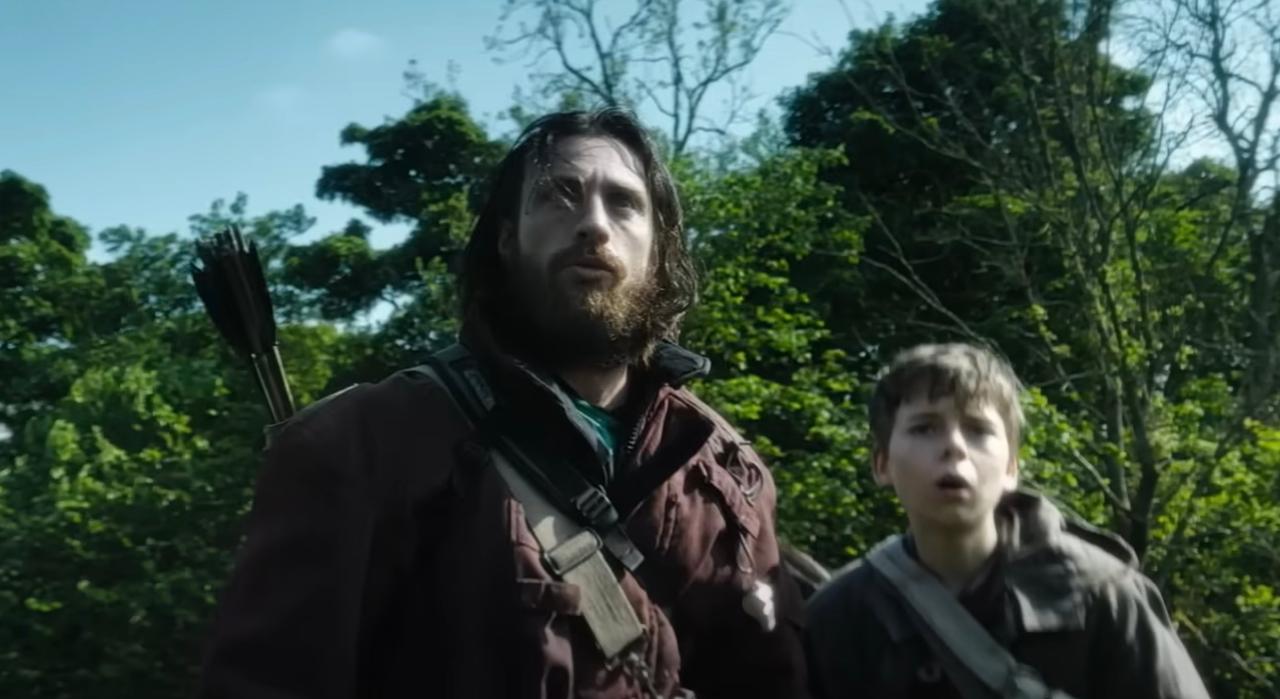
Popverse's top stories
- Hairspray creator John Waters is joining American Horror Story to do his best Vincent Price impression
- Game of Thrones is not Lord of the Rings - but in A Knight of the Seven Kingdoms, Westeros got its own Samwise Gamgee
- Daredevil: Born Again season 2 release date, cast, episodes & trailer on Disney+
28 Days Later captured lightning in a bottle when it was released in 2002. While zombies would proliferate in pop culture in the wake of 9/11, 28 Days Later remained unique because of its themes surrounding British national identity. Now, the trailer for its sequel, 28 Years Later, is here to remind us all why this franchise was so important, and so terrifying, to begin with.
Director Danny Boyle returns for 28 Years Later with longtime collaborator, screenwriter Alex Garland. While we do know that Cillian Murphy is confirmed to appear in 28 Years Later, there's no sign of him in the anxiety-inducing trailer. Instead, we follow Aaron Taylor-Johnson and Alfie Williams as they scramble around the countryside.
To the untrained eye, the footage may look reminiscent of HBO's adaptation of The Last of Us, but there's a lot more going on. A third of the way through the trailer, a lo-fi recording of actor Taylor Holmes reading the Rudyard Kipling poem, 'Boots' kicks in, creating a maddening sense of repetition. The choice to include a Kipling poem is a pointed one, as Kipling's work is deeply colonial. 'Boots' was written about British infantrymen in the Second Boer War in South Africa, capturing the dehumanizing effects of it. Kipling has long been a symbol of both British heritage and its global empire. After all, this is the same man who wrote The Jungle Book and the poem, 'The White Man's Burden.'
While the adaptation of The Last of Us played with the myth of the American frontier, 28 Days Later and now 28 Years Later are about the decay of British identity in the 21st century. In 28 Days Later, Cillian Murphy and the rest of the survivors gallivant around ruins that dot the countryside in a moment of respite. While the landscape does look beautiful, recalling the "green and pleasant land" line from William Blake's poem, "'erusalem,' it's filtered through the gritty lens of the digital camcorder that Boyle used to shoot the film. It's hardly a romantic image, but rather one fitting for the "diseased island" that the survivors are stuck on.

28 Years Later's trailer plays with this idea once more. In one shot, what we can assume are zombies run past a tree on a hill. Their silhouettes are incorporated into the landscape alongside a 'natural' object like the tree. But there's nothing natural about zombies. Even more disturbingly, as the trailer crescendoes, a group of survivors join Ralph Fiennes in what appears to be a 'forest' made out of human skeletons. If 28 Days Later used a zombie outbreak as a catalyst for exploring the existing decay of the British countryside, then 28 Years Later reveals a Britain that not only exists amidst decay, but actively builds with it. Rather than letting buildings like the church ruins in 28 Days Later be reclaimed by nature over time, 28 Years Later's horrifying skeleton forest envisions decay with a methodic touch to it, a touch that can only be attributed to humans. It's sickening.
Today, the iconography of 28 Days Later and now 28 Years Later have even more of an edge to them in this post-Brexit world. For many, Brexit was an opportunity to return to a 'simpler' time, one that never actually existed, thanks to Britain's centuries of colonialism. Boyle's original film was a warning about the myth of a "green and pleasant land," considering that the countryside was hiding the film's main villain: Christopher Eccleston's Major West. For Boyle, there is nothing "simple" or worth nostalgizing about Britain's past. The "green and pleasant land" is just a cemetery for the unnamed and the unknown, as represented in the bone forests in 28 Years Later.
Let's also remember that these are zombie films, after all. Zombies were born out of the traumatic and dehumanizing effects of the transatlantic slave trade, an instrument of imperialism. What better monster is there to force Britain to reckon with its own history than a zombie?
28 Years Later will release on June 2, 2025
Want to know what's coming up next in pop culture? Check out Popverse's guides to:
Follow Popverse for upcoming event coverage and news
Find out how we conduct our review by reading our review policy
Let Popverse be your tour guide through the wilderness of pop culture
Sign in and let us help you find your new favorite thing.


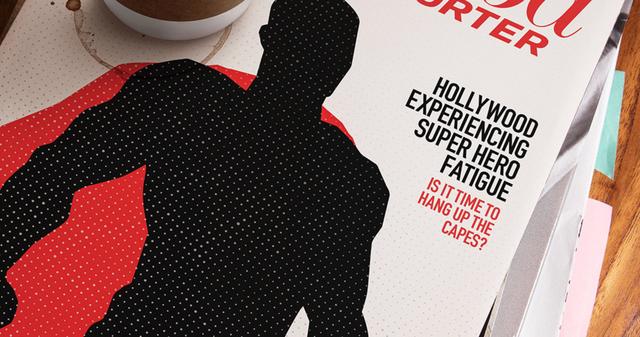
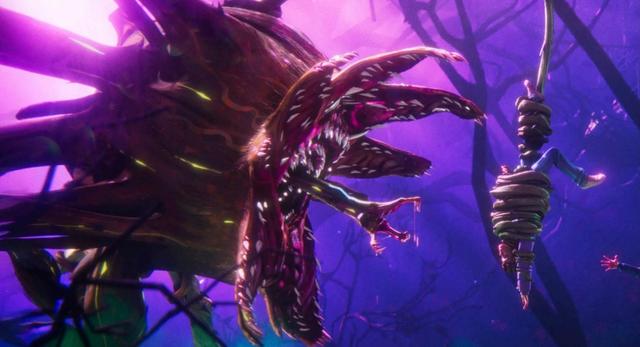
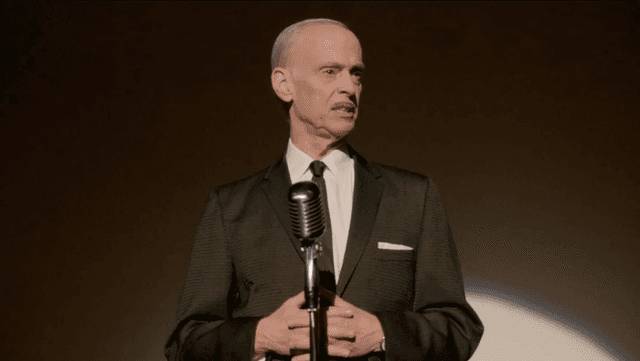

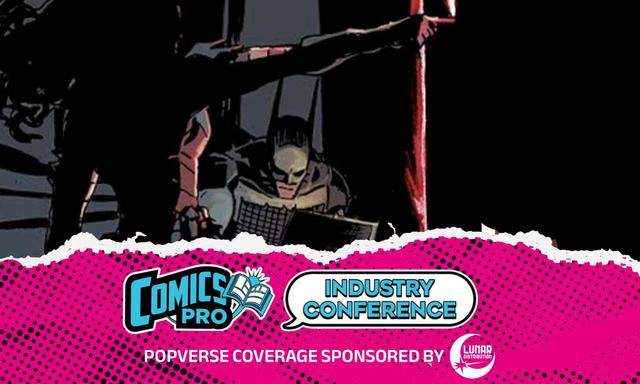








Comments
Want to join the discussion? Please activate your account first.
Visit Reedpop ID if you need to resend the confirmation email.